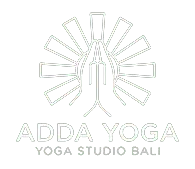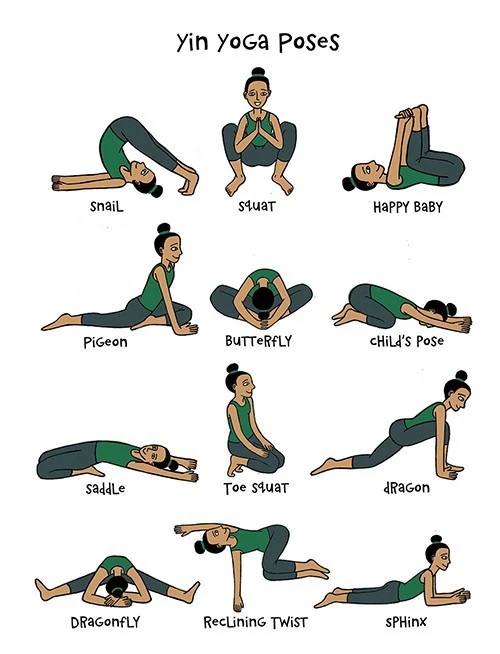9 Most Popular Types of Yoga
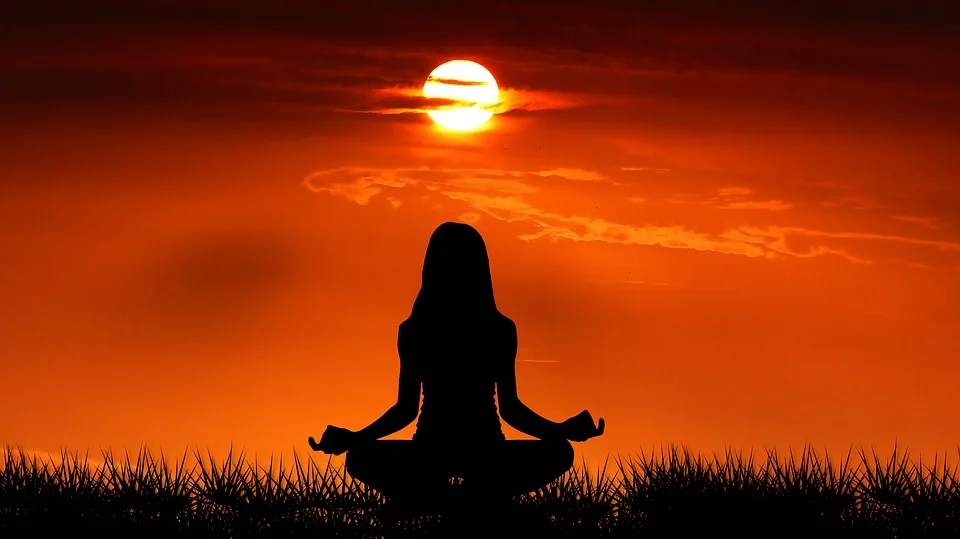
If you desire a more challenging session or a gentle, meditative, peaceful class, there are many different forms of yoga to choose from. You’ll notice differences based on the teacher, as each technique differs slightly from the others. Trying a few different will improve your overall yoga experience and push you to step beyond your comfort region.
While lineages aren’t as important as they once were, most yoga styles are based on basic yoga positions (known as asanas). Therefore, we’ve detailed the most popular types of yoga, along with their essential qualities, in this quick guide to help you figure out where to start.
How many styles of yoga are there?
This article will assist you in learning the fundamentals.
- Hatha Yoga
Hatha is a Sanskrit term that roughly translates to “power.” It is the most basic of all yoga techniques. The physical parts of the practice are generally included.
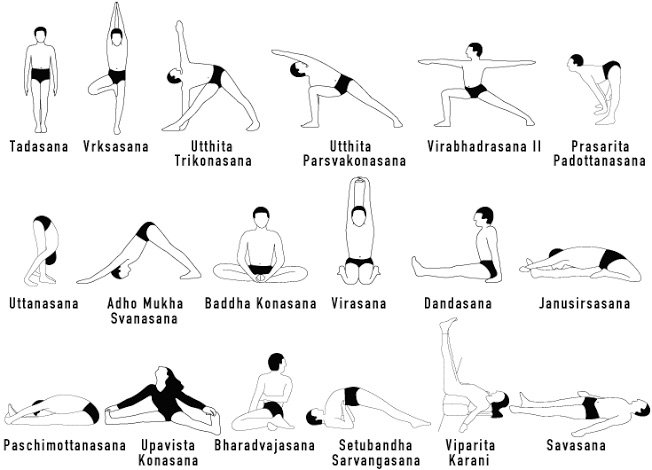
This category encompasses all of the other subgroups. You should start with a Hatha Yoga class if you’re new to yoga. This class is ideal for beginners because it introduces you to yoga gently. Hatha Yoga classes are usually slow-paced and do not follow a set sequence.
If you’re a seasoned Yogi, this workshop will help you relax. This session is all about the fundamentals. It not only teaches you how to breathe, but also postures, meditation, and relaxation techniques.
- Iyengar Yoga
B.K.S. Iyengar invented Iyengar yoga, which emphasizes position and detailed movements. Students in the class practice a range of positions while managing their breathing. These Poses are usually detained for an extended time as the position details are fine-tuned.
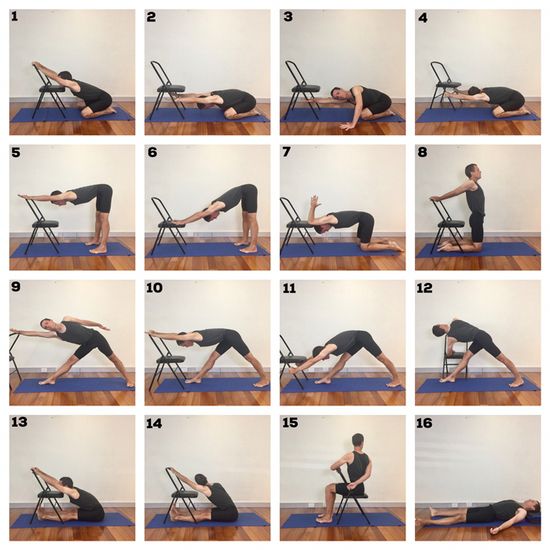
To assist students in improving their progress into postures in a secure manner, Iyengar uses a lot of props. This strategy is ideal for injuries and must work gradually and deliberately.
- Kundalini Yoga
Kundalini yoga is both physical and spiritual. This technique focuses on releasing kundalini energy, which is thought to be coiled or imprisoned or imprisoned in the minor spine.
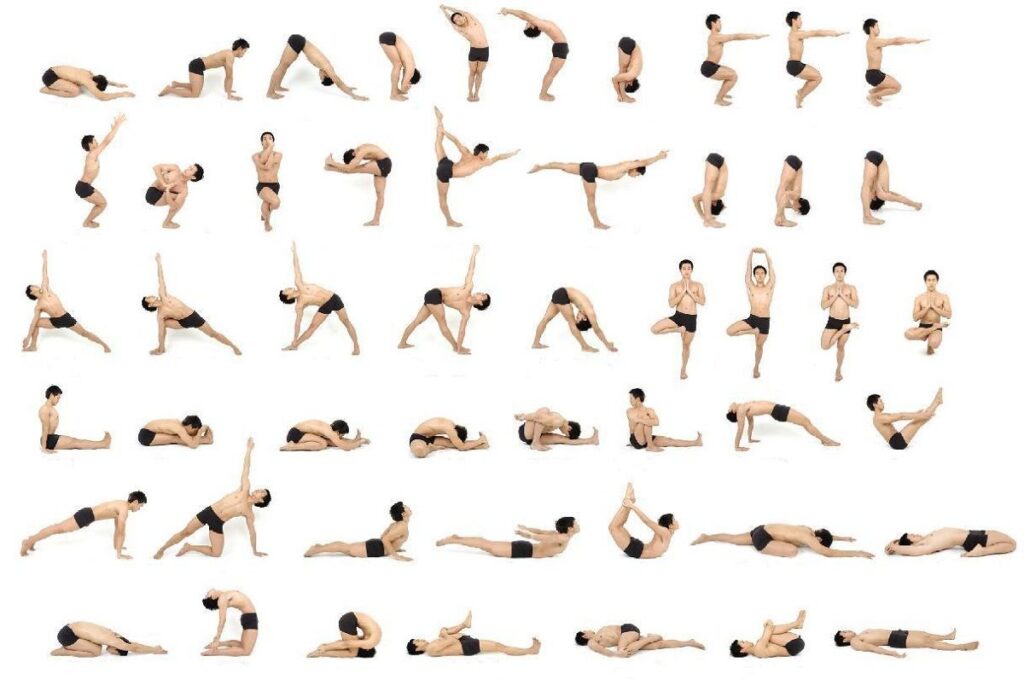
These programs target your core and breathing with fast-paced, energizing postures and breathing exercises. These classes can be rather challenging and include chanting, mantra, and meditation.
- Ashtanga Yoga
“Eight Limb Path” is how ashtanga is translated in Sanskrit. This fluid style of yoga connects breath and movement. It evolved from ashtanga yoga. People assemble in India, Mysore, to practice this kind of yoga mutually at their rapidity; if you observe ashtanga Mysore-led, you should know the series.
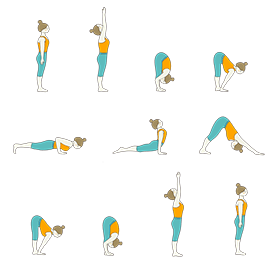
Ashtanga yoga engages a very bodily demanding succession of postures, so this yoga method is not for the novice. It takes a knowledgeable yogi to love it.
- Bikram Yoga
Bikram Choudhury is the founder of Bikram yoga. This pose consists of a series of pre-determined positions performed in sauna-like surroundings with 40% humidity and 105 degrees.
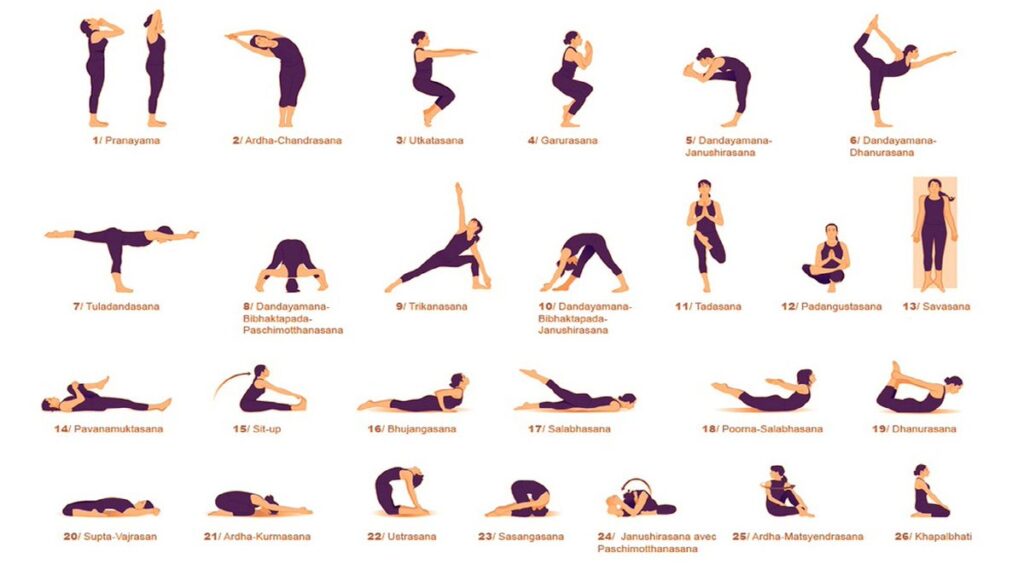
The sequence consists of 26 basic postures, each of which is repeated twice. The focus of many of these poses is on proper position. Several former Bikram studios now practice hot yoga to distance themselves from the founder.
- Yin Yoga
Yin yoga is a slow yoga practice that focuses on holding seated poses for a more extended phase. Yin yoga is also a pondering yoga practice that aids in the discovery of inner calm. Because position can be held for 45 seconds to 2 minutes, yin is an excellent lesson for beginners. The classes are laid-back because you’re expected to let enormity make most of the effort.
- Restorative Yoga
Restorative yoga also aids in the cleansing and liberation of the mind. This approach is primarily concerned with physical relaxation. It focuses on resting your mind and winding down after a hard day.
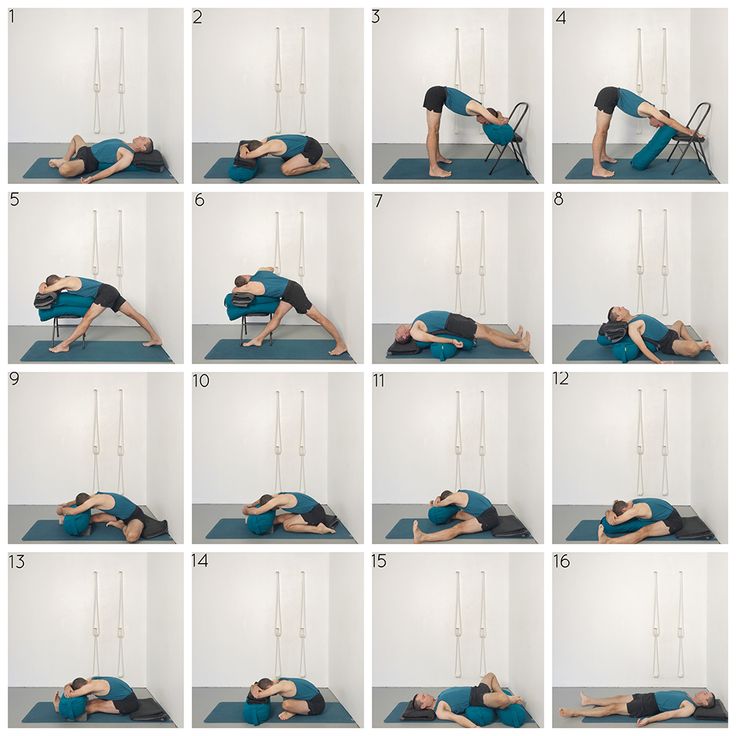
Throughout the session, you spend more time in fewer postures. Many poses have been altered to make them more accessible and soothing. Like those used by Iyengar, many props are employed and arranged perfectly, such as bolsters, eye pillows, and blankets. Many of the props are up to help you relax even more deeply.
- Yoga Jivamukti
Jivamukti was launched in 1984 by Sharon Ganon and David Life. Jivamukti primarily consists of Vinyasa-flow classes that are interwoven with Hindu spiritual concepts. Most Jivamukti devotees practice vegetarianism because it emphasizes association to the ground as a living creature at its foundation.
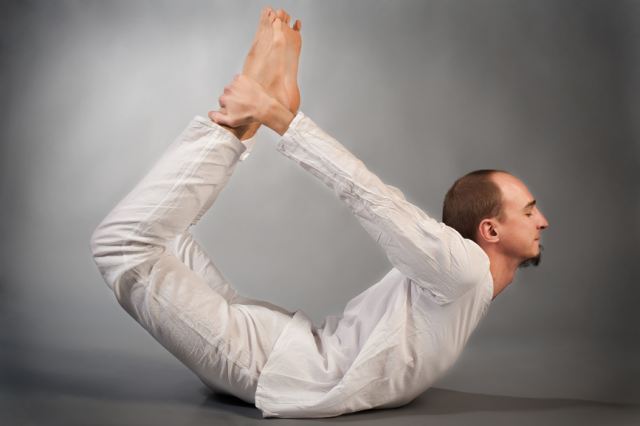
- Anusara Yoga
A modern-day hatha yoga is, Anusara, is most comparable to Vinyasa in that it emphasizes arrangement but with a greater emphasis on the mind-body-heart association. John Friend was its founder, who devised the Universal Principals of Alignment, a one-of-a-kind system.
After allegations of sexual misbehavior and financial mismanagement, he resigned in 2012. Friend now teaches the Bowspring approach in collaboration with Desi and Micah Springer.
